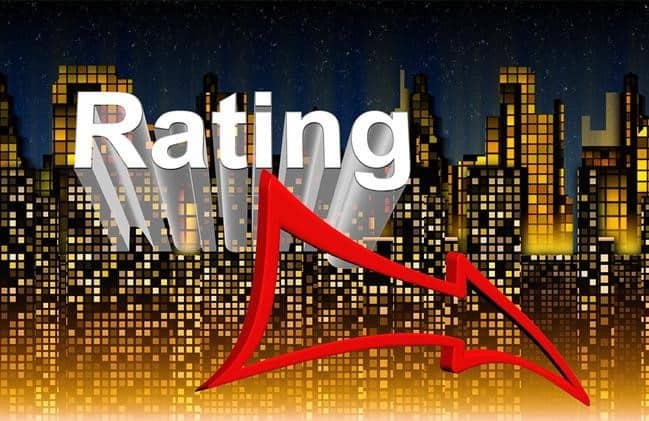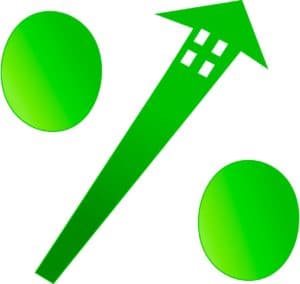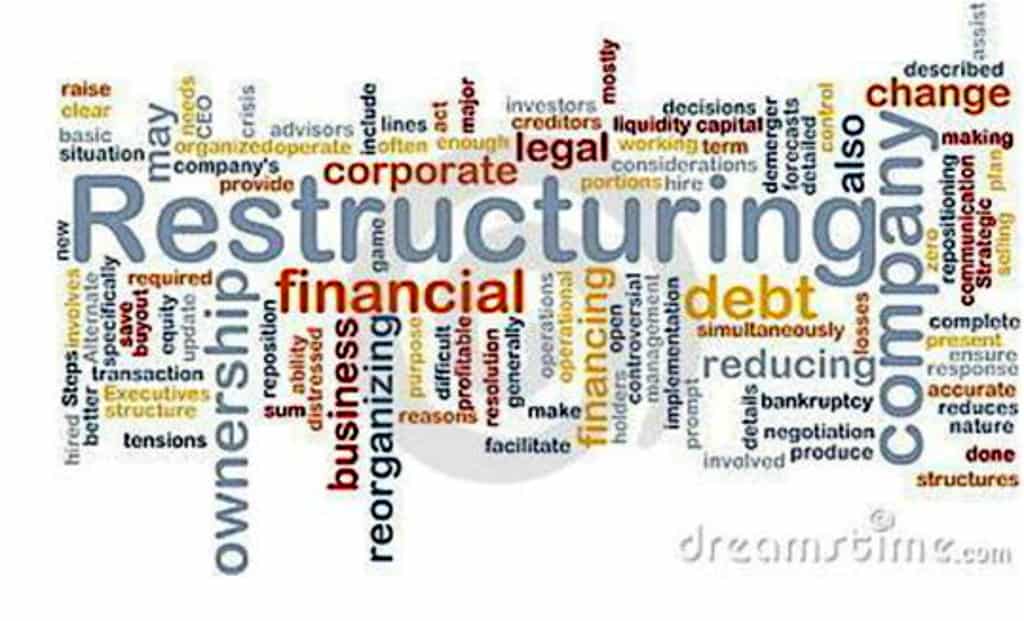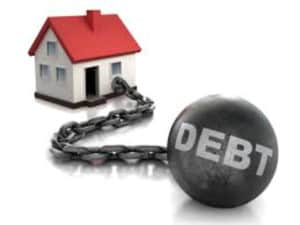
If you would prefer to listen to the audio version of this what happens to debt when you die Canada Brandon’s Blog, please scroll down to the bottom and click on the podcast.
What happens to debt when you die Canada introduction
When discussions of debt come up, people often joke around and say they’ll finally be free of debt when they die. But, is that true? Although we’ve written about this issue before, we thought this would be a good opportunity to update you. Does debt survive death? In Brandon’s blog, I want to explore with you what happens to debt when you die Canada.
In this what happens to debt when you die Canada blog, I use the terms Estate Trustee and Executor interchangeably. Here are some previous blogs I wrote on the topic of debt and death.
What are an Estate, Executors, and Beneficiaries?
When you pass away, all of the assets (your life belongings) and obligations (your financial debts) in your name enter into a separate legal entity called your estate. Your will certainly names one or more people or firms to act as your Estate Trustee to sort out the finances, administer the estate and ultimately, make the necessary distributions to the beneficiaries. There are no special requirements to be an Estate Trustee. It is really up to the wishes of the deceased.
The Estate Trustee or executor first needs to be a copy of the Death Certificate. That document is required for the executor to do what is necessary for administering the estate. The will expresses the desire of the deceased in dealing with his or her estate.
The Estate Trustee is in charge of securing, insuring and either selling or distributing your possessions. The Estate Trustee must also collect all relevant documents of the deceased that might indicate the extent of the assets and liabilities.
They are also liable for making sure that the debts of the deceased are also paid off before there is any distribution to the beneficiaries. The Estate Trustee must make sure that they understand what happens to debt when you die Canada. There are specific rules that an executor must follow. Each province establishes its own rules.
Beneficiaries are the parties named in the will of the deceased entitled to receive either specific assets or possessions and/or cash from their sale. An Estate Trustee can be a pal or relative that the deceased had full trust and confidence in who is willing and capable to do the task.
Choosing a close friend or relative to act makes sense because they are trusted. However, not everyone views such an appointment as an honour. Rather, it can be viewed as an obligation they do not feel comfortable carrying out. Anyone thinking of naming a close friend or relative should discuss it first with them to make sure they are willing to take on the role.
It can also be an independent professional or company that is experienced in acting as an Estate Trustee. We have been appointed as Estate Trustee when relatives or friends do not feel comfortable, choose the option to renounce their responsibility and a new executor must be appointed. As you can see, there are many steps that an Estate Trustee must take to properly administer the estate.

What happens to debt when you die Canada: When Debt Collectors Call
Taking care of the financial debts of the deceased person can be confusing. Along with the psychological stress and the countless jobs that require scrutiny, you now have the debt collectors calling trying to collect on the outstanding bills.
Debt collectors can commonly call the family of the departed to do their best to collect the outstanding debt. Guidelines vary between provinces. Collection agencies will use many deceptions to try to collect debts that only the deceased is responsible for. All such calls should be directed to the Estate Trustee who should request that all communications come only in writing.
If assets pass to you as a beneficiary, the only time a beneficiary, who has not co-signed or guaranteed any debts of the deceased would be responsible for any related debt, is if the debt is secured. For example, if the will calls for you to inherit the home or vehicle of the deceased, there could be a mortgage against the home or vehicle financing involved. Those debts are secured and follow the asset.
Unsecured debt is outstanding debt that is not specific to any asset. The Estate Trustee must make sure that all unsecured debts, including income tax debt, are fully paid off before any distribution is made to the beneficiaries.
What happens to debt when you die Canada if there is a secured debt against specific assets and the beneficiary of those assets cannot afford to maintain the loan payments? If proper estate planning was not done, such as using a life insurance policy to cover secured debts or large unsecured debt like income tax debt, then it is probably best that the Estate Trustee takes the option of selling the asset in question.
The cash obtained from the sale, after paying off the related secured debt, and any income tax liability arising from the sale of the asset, can then be paid to the beneficiary who was entitled to that asset. Obviously, the Estate Trustee will have to discuss this with the beneficiary before taking any action with an asset and get their agreement.
It is clear that the Estate Trustee role is not a simple one. Most often, legal advice is necessary to make sure that mistakes are not made.
What happens to debt when you die Canada: Who is responsible for the debts?
All of your assets that are registered solely in your name make up your estate. Examples of such assets are bank accounts, like savings and chequing accounts, cash, real estate, stocks, etc. Your estate will then go through a process called probate to decide its value.
Before your assets can be bequeathed as you’ve requested in your will, your estate uses them to pay off your financial obligations. An executor takes care of these things. Only after your bills are paid off will your heirs inherit anything.
If there aren’t enough assets in your estate to pay off your liabilities, any co-signer will be on the hook for the specific debts they co-signed on. If the estate is insolvent, then the Estate Trustee would be forced to make an application to the bankruptcy court for authority to assign the deceased’s insolvent estate into bankruptcy.
Yes, a dead person can become bankrupt, believe it or not. I have done several bankruptcies of deceased estates. That is what happens to debt when you die Canada if there are not enough assets that when liquidated, will pay off all of the debts of the deceased.
What assets are safe from creditors?
Typically retirement accounts and insurance policies, as long as they name a designated beneficiary, are safe from creditors. However, they are not safe if the deceased designated his or her estate as the beneficiary.

What happens to debt when you die Canada: There are different types of debt
Mortgages:
Mortgages are secured obligations, meaning that they’re among the first to claim your assets to get paid. If someone inherited the home or the home was owned jointly and each owner was registered as joint tenants, then they’re responsible for the mortgage. It can be considered not only as a secured loan but, in the case of joint tenants, a joint mortgage loan!
UPDATE: Check out our blog
WHAT HAPPENS TO MORTGAGE WHEN YOU DIE CANADA: DEBT PHILOSOPHY EXPLAINED.
Vehicle Loans:
Auto loans, like mortgages, are another example of secured loans, meaning that they’re among the first to claim your asset(s) that were pledged as security for the loan, to get paid. If the estate can’t pay off the amount owing and you have a co-signer or guarantor responsible for what is now a joint debt, they will be responsible for the car loan. If the loan isn’t repaid by the estate or the co-signer (if there is a joint debt holder), the car will likely be repossessed.
When the lender sells the vehicle, if the net proceeds (net of all recovery and enforcement costs) yields insufficient funds to pay off the loan, then the estate (and co-signer) are responsible for this shortfall.
Credit Card Debts:
Credit card debt, unlike a mortgage or a car loan, isn’t secured. This means that if the estate can’t pay back the amount owing on each credit card, the creditors are out of luck. However, if there is a joint credit card holder, who holds a supplementary credit card then they are responsible to pay back the debt.
Many people don’t know that merely holding a supplementary credit card makes that person a joint debt holder who is responsible to repay the balance owing in full. That is a term of a standard credit card agreement of the credit card issuer. Credit card insurance is available to take care of credit card debt, but it is costly. Normally the bank lines up an insurance company to provide that life insurance policy coverage.
UPDATE: Check out our blog
CREDIT CARD DEBT AFTER DEATH IN CANADA: WHO IS RESPONSIBLE?
What happens to debt when you die Canada summary
I hope you enjoyed this what happens to debt when you die Canada Brandon Blog. The Estate Trustee is the administrator charged with the responsibility of properly administering the estate of the deceased.
Don’t pass on your financial obligations to anyone else after your death; it’s important to deal with debt while you’re alive. Give us a call today. The Ira Smith Trustee & Receiver Inc. Team can help you get rid of debt Starting Over, Starting Now.
We understand the pain you are in because of too much debt. We also know how to end your pain. Don’t pass that pain on to your loved ones. You don’t have to wonder what happens to debt when you die Canada.
Contact us today so we can begin healing you to lead a stress-free life.
Being debt-free will give you the peace of mind that all is in order and that you’re not burdening your heirs with financial hardship.

 Bundled subprime loans: Introduction
Bundled subprime loans: Introduction


 Which industries may require corporate bankruptcy services in 2016?
Which industries may require corporate bankruptcy services in 2016?

